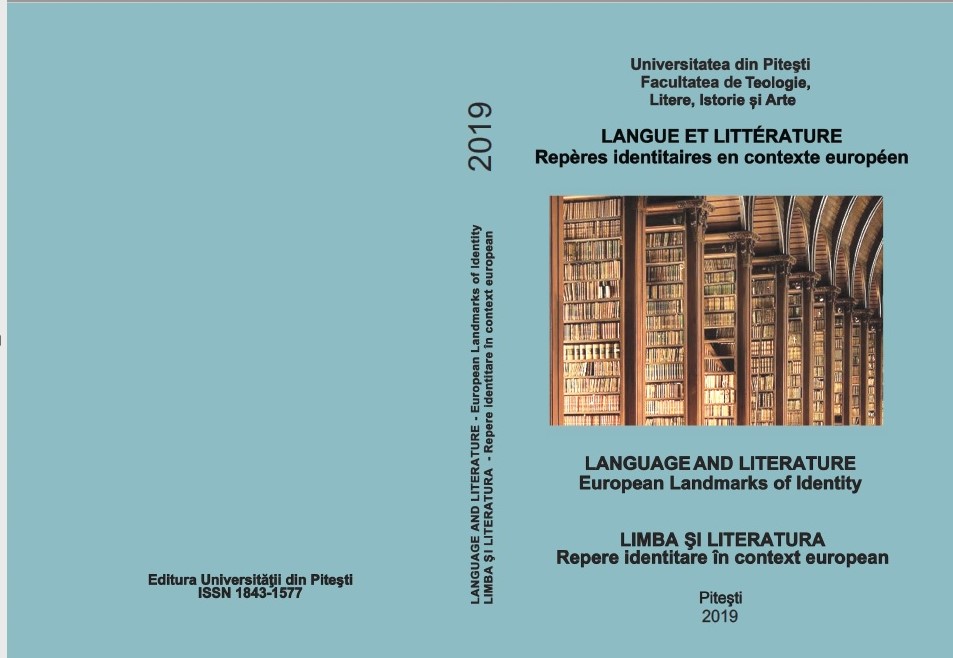THE IRONIC PROJECTION OF ALTERITY IN THE NOVEL "EUROPOLIS" BY JEAN BART
THE IRONIC PROJECTION OF ALTERITY IN THE NOVEL "EUROPOLIS" BY JEAN BART
Author(s): Nicoleta CRÎNGANUSubject(s): Language and Literature Studies, Studies of Literature
Published by: Editura Universităţii din Piteşti
Keywords: multuculturalism; identity; irony;
Summary/Abstract: The researchers labeled the novel "Europolis" by Jean Bart as a youth literature. Reasons are, of course, because the stories of the characters often reach the melodrama, the excessive narrative that leaves too little room for psychology sometimes develop against even the most generous and interesting ideas. Still, Jean Bart seriously discusses the relationship between the multicultural environment and the identity obsession of different communities, associated with the fear of otherness. What makes the novel seem "easy" is the way Jean Bart understands to investigate the identities of the Sulina communities: in a bitter-irony projection, where power relations falsify the reality of the fair, unleashing the vital force of individuals. Placed by some in the series of texts about the suffocating and leveling province, the novel of Jean Bart goes beyond this status by ironically searching into the destinies or stereotypes. A character like Nicola Marulis is under the sign of alterity, being paradoxically a member of the community. His destiny and his daughter Evantia, seen through the lens of the relationship between identity and otherness, reveals an ironic reflex, multiplied in other destinies, following almost the same path.
Journal: LIMBA ȘI LITERATURA – REPERE IDENTITARE ÎN CONTEXT EUROPEAN
- Issue Year: 2019
- Issue No: 24
- Page Range: 32-38
- Page Count: 7
- Language: English

